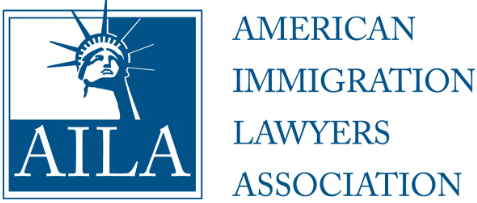I-9 Compliance requirements are constantly changing (as are the forms). During the pandemic some remote review of documents was required. Now these allowances are changing. We can assist your business with the current requirements.
Details:
I-9, E-Verify, and corporate compliance are all related to employment verification processes in the United States. They are essential for ensuring that employers hire and maintain a legal workforce. Let’s take a closer look at each of these components:
- I-9 Form:
- The I-9 form, officially known as the Employment Eligibility Verification Form I-9, is a document required by the U.S. government to verify the identity and employment eligibility of employees hired in the United States.
- Employers are required by law to complete an I-9 form for every employee they hire, including U.S. citizens and non-citizens.
- The form requires employees to provide documentation that establishes their identity and eligibility to work in the U.S., such as a U.S. passport, permanent resident card, or an Employment Authorization Document (EAD).
- Employers must examine these documents and record the information on the I-9 form. Failure to properly complete and retain I-9 forms can result in penalties for employers.
- E-Verify:
- E-Verify is an electronic system used by employers to verify the employment eligibility of newly hired employees.
- Participation in E-Verify is typically voluntary for most employers, but some states and federal contractors are required to use E-Verify.
- E-Verify compares the information provided by the employee on the I-9 form with government databases to confirm the employee’s eligibility to work in the U.S.
- E-Verify is designed to prevent the employment of individuals who are not authorized to work in the United States.
- Corporate Compliance:
- Corporate compliance, in the context of employment verification, refers to an organization’s commitment to following the laws and regulations related to hiring and maintaining a legal workforce.
- Employers are expected to stay compliant with I-9 and E-Verify requirements to avoid legal consequences, including fines and penalties.
- Corporate compliance often involves implementing internal policies and procedures to ensure that I-9 forms are completed accurately and in a timely manner, and that the company complies with E-Verify requirements when applicable.
- Regular training and audits can help organizations maintain corporate compliance in employment verification processes.

